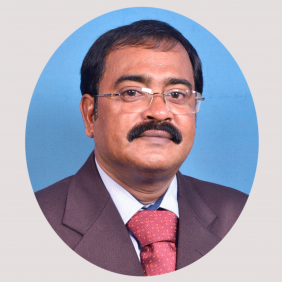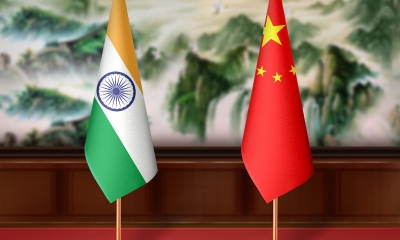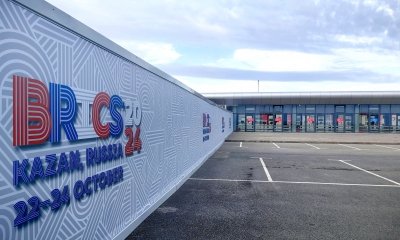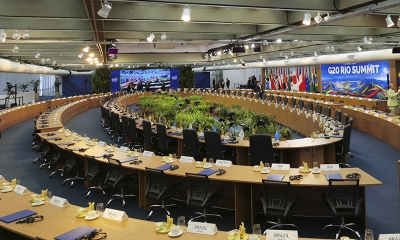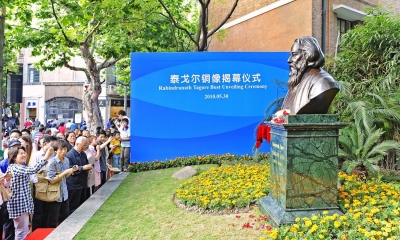BRICS Upholds Global South Cooperation for Sustainable Development
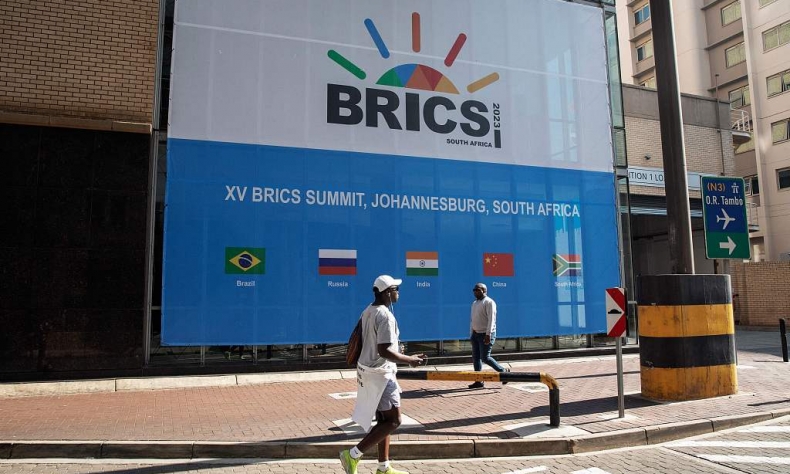
The Johannesburg BRICS Summit will amplify the voice of the Global South while strengthening the position of BRICS as the new leaders of global governance.
The BRICS Leaders’ Summit in Johannesburg from August 22 to 24 is the first in-person BRICS summit after the outbreak of the COVID-19 pandemic. Notably, the influential BRICS bloc comprises five major emerging economies, namely Brazil, Russia, India, China and South Africa, all of which are also members of the G20.
As the host country vested with the right to set the agenda for the summit, South Africa announced the theme for the three-day summit as “BRICS and Africa: Partnership for Mutually Accelerated Growth, Sustainable Development and Inclusive Multilateralism”. The objective is to facilitate global economic participation for African nations. As President Cyril Ramaphosa stated: “We want to use this opportunity to advance the interests of our continent, and we will therefore through the BRICS summit be having an outreach process or moment, where we will invite other African countries to come and be part of the BRICS because we do want BRICS in whatever BRICS does to focus on helping to develop our continent.”
Given the complex geopolitical situation in the world today, the two BRICS members — China and Russia are now facing a new Cold War with the United States and its Western allies while the U.S. government under President Joe Biden has accelerated pressure on India, Brazil and South Africa to “take a side” against the backdrop of the protracted Russia-Ukraine conflict.
Moreover, the Johannesburg summit has special significance for BRICS cooperation and solidarity in the new circumstances. It is hoped that leaders of BRICS countries must reaffirm their commitment to becoming more united against the finger-pointing of the West at the upcoming summit.
BRICS champions sustainable development in the Global South
The BRICS countries, accounting for more than 40 percent of the world population and about 26 percent of the global economy, are now seen as a major driver of economic development across the world and particularly the Global South, typically comprised of countries in Africa, Asia, and Latin America.
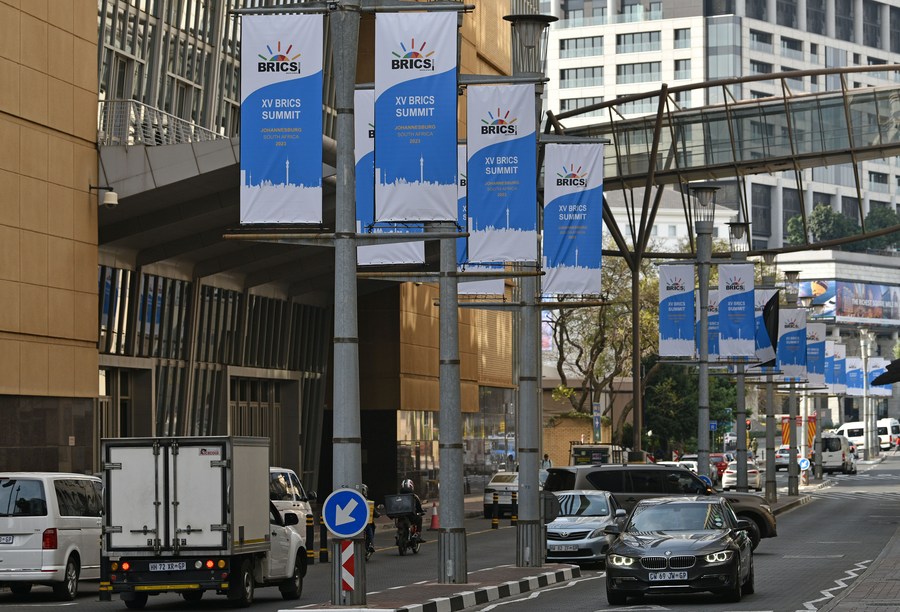
Since the first BRICS summit in Yekaterinburg, Russia in 2009, the group has evolved from a mere slogan to a real-world economic bloc which controls a major development bank — New Development Bank (NDB) and is thinking of membership expansion at the 2023 BRICS summit. Commenting on the expansion of the BRICS group, Brazilian President Luiz Inacio Lula da Silva said on August 2: “At this meeting, we could possibly decide by consensus which new countries will be able to join the BRICS. I consider it extremely important to allow other countries that meet the BRICS requirements to join the group.”
It is an admitted fact that the African continent was plundered, destroyed and exploited by hegemons and quite reasonably South Africa wants to build BRICS solidarity not only in the interest of its own economy but also for the continent as a whole. Since South Africa’s accession to the BRICS group, BRICS has allowed the voices of the marginalized to be truly heard and helped Africa improve the living standards of its people and create jobs.
It should be recalled here that attending the 13th Meeting of BRICS National Security Advisers and High Representatives on National Security in Johannesburg on July 25, 2023, China’s top diplomat Wang Yi emphasized that the Global South should join hands to promote world peace and common development.
BRICS provides real developmental opportunities to each country, especially projecting African countries’ geopolitical position on the world stage. The collective strength and market size of BRICS economies make it a powerful and credible development partner for Africa.
China and India are Africa’s good friends
While the United States and Europe are focusing only their “commercial diplomacy” on the African continent, the BRICS grouping, particularly China, is committed to helping Africa achieve sustainable development and bringing benefits to African people, without piling up debts. China has never attached conditions such as linking its political system to its foreign aid to the world as compared with Western superpowers like the United States.
As the world’s second-largest economy, China has been helping African countries upgrade their infrastructure, from telecom networks to high-speed railways. Without hesitation, it can be said that China is a better partner for Africa than the U.S. because Chinese investment has improved people’s lives there. Since the establishment of the Forum on China-Africa Cooperation (FOCAC) in 2000, China-Africa friendship has continued to flourish in various areas. According to a white paper titled “China and Africa in the New Era: A Partnership of Equals,” from 2000 to 2020, China helped African countries build more than 13,000 kilometers of roads and railways and more than 80 large-scale power facilities, and funded more than 130 medical facilities, 45 sports venues and over 170 schools.
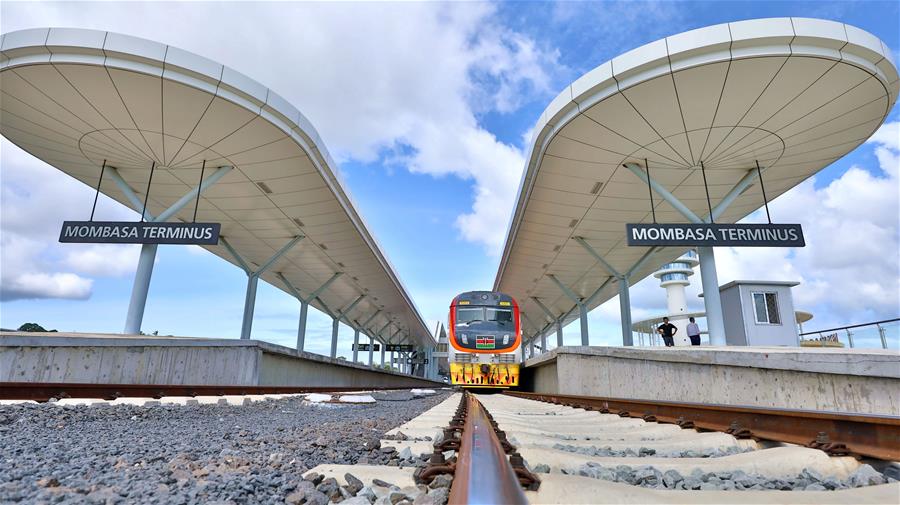
The five largest Chinese-built railways in Africa including the Ethio-Djibouti Railway and the Mombasa-Nairobi Standard Gauge Railway are the best-known examples of China’s commitment to Africa’s development under the Belt and Road Initiative (BRI). China has also made great contributions to Africa’s health and clean energy sector, with such leading projects as Africa Centers for Disease Control and Prevention (Africa CDC) in Ethiopia and the Kafue Lower Gorge Power Station in Zambia. African countries must make good use of the BRI for greater opportunities.
China is Africa’s largest trading partner. According to the China-Africa Cooperation Vision 2035, China-Africa annual trade is expected to reach $300 billion in 2035. As such, the U.S. should not fabricate China’s financial aid to African countries as “debt traps”.
The world has also witnessed the extent to which the BRICS group was able to coordinate with each other during the COVID-19 pandemic. China played a leading role in providing needed medical assistance, especially and more importantly in donating the COVID-19 vaccines to countries in the Global South with the aim of “building a global community of health for all”. At the “Extraordinary China-Africa Summit on Solidarity Against COVID-19” held via video link on June 18, 2020, President Xi Jinping hailed the achievements of China-Africa cooperation in fighting the pandemic. During the Summit, President Ramaphosa expressed the gratitude of the African people to the Chinese government and people for their generous donation of personal protective equipment and other medical assistance.
Like China, India also represents the voice of the Global South and advocates for its interests at multilateral forums. During the COVID-19 pandemic, like China, India provided support for African countries in the form of medicines, vaccines and other equipment. India has also been an active participant in the BRICS efforts since the first annual summit in 2009. India and Africa are natural partners with historical and cultural ties. Since assuming office in 2014, Prime Minister Narendra Modi has given Africa top priority for his government’s foreign and economic policies and India has always stood shoulder to shoulder with the African friends in the long and arduous race for a better future.
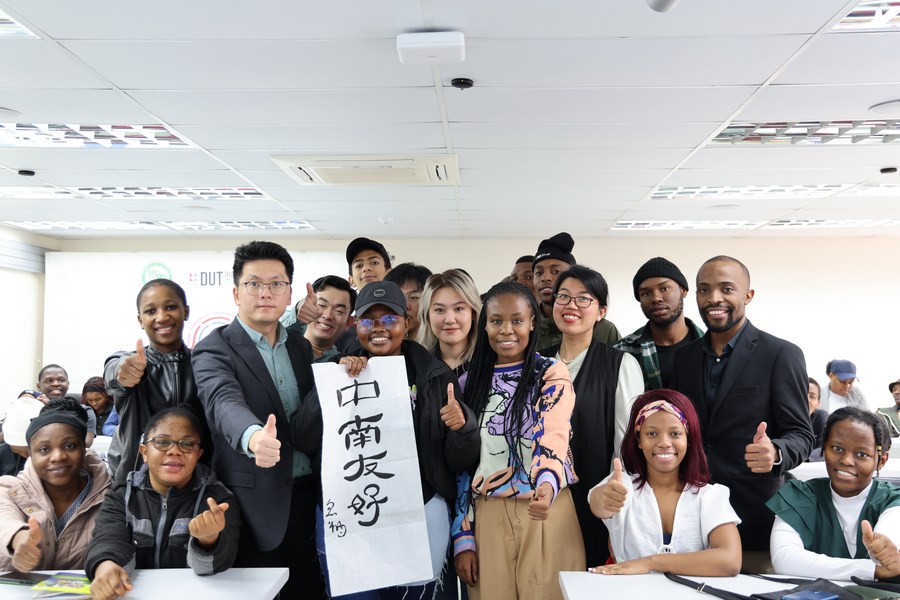
Africa has 60 percent of the world’s uncultivated arable land but produces just 10 percent of the global output. Therefore, both India and China’s breakthrough research and experience in agriculture can help African countries reduce their food security challenges.
It should be noted here that India is going to host the G20 Leaders’ Summit on September 9-10 in New Delhi. Since India is a strong believer in giving a greater voice to Global South countries on international platforms, particularly African countries, PM Modi has written to the leaders of the G20 nations proposing the African Union (AU) be given full, permanent G20 membership at its upcoming summit.
Time to shift focus to Global South
According to media reports, the most meaningful trend in global politics for 2023 is that the Global South is becoming more visible—and influential—in every arena. However, various factors have affected the voice and development of the Global South. It is hoped that despite their different ideologies and political systems, BRICS and non-BRICS countries will pledge to play a proactive role in global economic growth in the post-pandemic era.
Time has come for BRICS countries to promote Global South countries as effective partners in the BRICS mechanism. The Johannesburg BRICS Summit will amplify the voice of the Global South while strengthening the position of BRICS as the new leaders of global governance.
The article reflects the author’s opinions, and not necessarily the views of China Focus.
 Facebook
Facebook
 Twitter
Twitter
 Linkedin
Linkedin
 Google +
Google +



